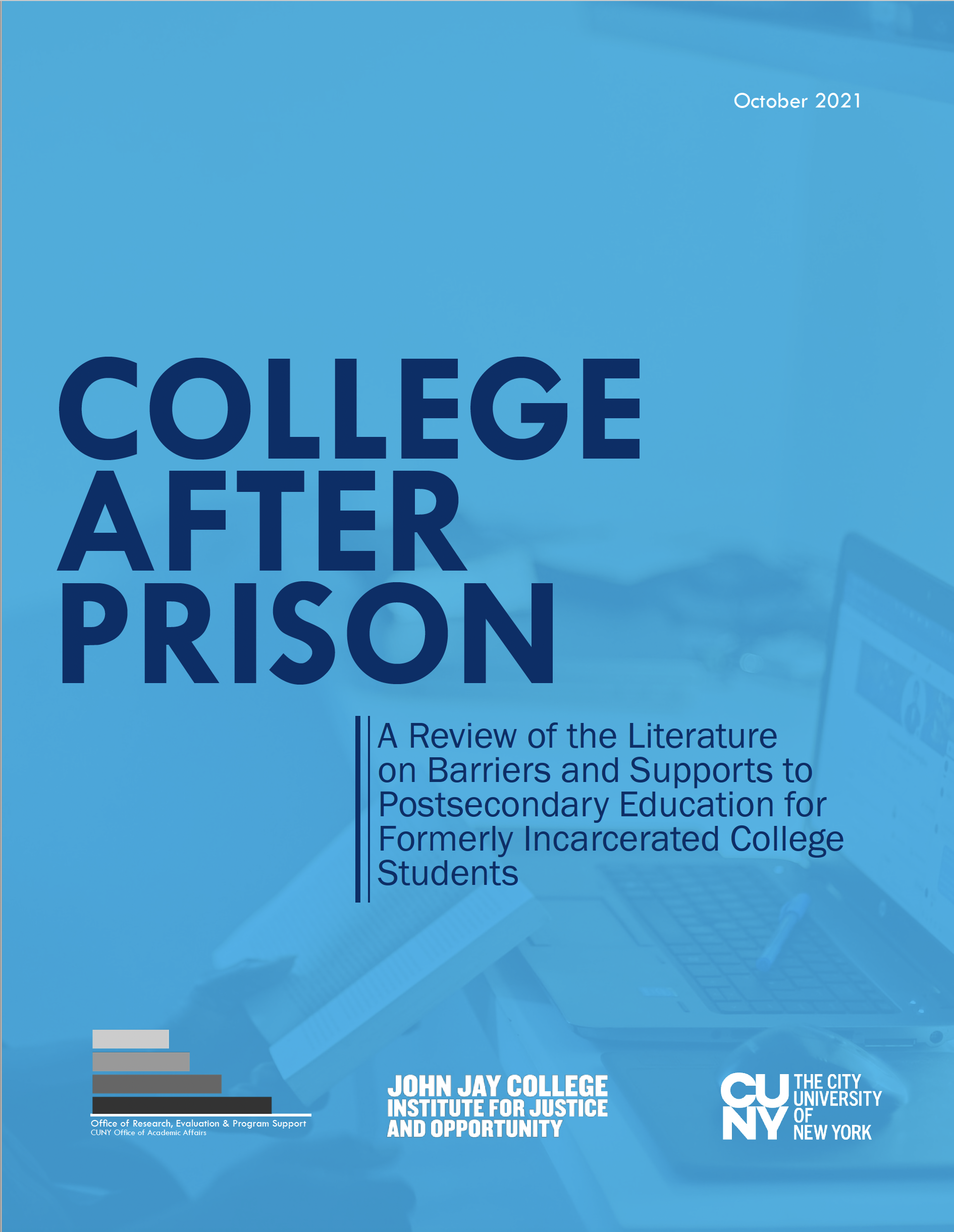Submitted by S&PAA
November 2 event designed to tell drug developers, FDA reviewers what really matters
to people living with the brain disease
May 17, 2022 – People living with schizophrenia and other psychosis spectrum disorders are too often misunderstood or ignored – by the public, by the healthcare system – and current treatments are outdated and often cause significant side effects. On Nov. 2, the schizophrenia community will finally have the spotlight, as those living with the condition and their family members share their treatment needs and concerns with drug developers and FDA staff who review new drug applications.
The Externally-Led Patient-Focused Drug Development (PFDD) meeting – “ReimagineSchizophrenia: Transforming How We Are Treated, Function and Thrive” – offers the chance to make what matters to those living with the neurobiological brain disease a higher priority in drug development and the FDA review process.
“Schizophrenia is a treatable brain disease that deserves the same urgency and attention as any other chronic, organ-based illness,” said Gordon Lavigne, CEO of the Schizophrenia & Psychosis Action Alliance. “Our care system has failed people with this condition for too long. This is a ground-breaking opportunity to advocate for new, better treatments that give people with schizophrenia a chance to recover.”
The meeting will be co-hosted by the Schizophrenia & Psychosis Action Alliance, the American Foundation for Suicide Prevention, Mental Health America, the National Alliance on Mental Illness, and the National Council for Mental Wellbeing.
The U.S. Food and Drug Administration created the PFDD program in 2012 to collect information about the patient perspective with regard to drug development – what people living with a disease consider to be meaningful treatment benefits and how they want to be involved in the drug-development process.
Many new treatments for schizophrenia are in development, making it more critical than ever for drug developers and reviewers to understand what treatment benefits people with schizophrenia expect – and what risks they may be willing to tolerate to achieve those benefits.
Millions of people around the world live with schizophrenia, but many do not receive the treatment and support they need. This gap is caused by the complexities of the condition itself, but also by social stigma, health system limitations, discrimination, and poor reimbursement for treatment. The resulting cost to society in the United States is estimated at $281.6 billion each year.
Meeting Agenda and Goals
The daylong meeting will be held in the Washington, D.C., area, with a hybrid format that allows both in-person and remote participation. It will feature panel discussions among people living with schizophrenia and those who care for them, as well as polling and discussion sessions on key topics. People living with schizophrenia and their caregivers/family members will be central to both planning and participating in the event. More information about registration, the agenda and speakers will be available here closer to the meeting date.
The goals of the meeting are:
To enhance FDA and treatment developers’ understanding of the challenges of living with schizophrenia and aspects of the disease people with schizophrenia and caregivers would most like to see addressed by treatments and support.
To provide a voice to people with a wide variety of experiences with schizophrenia, including those in harder-to-reach populations such as those who have struggled with homelessness or incarceration, and to ensure equitable representation from communities of color.
To inform FDA reviews of patient perspectives on upcoming schizophrenia treatments by providing insights on the treatment outcomes that matter most to people with schizophrenia and their caregivers – especially in terms of expected benefits and tolerance for specific risks.
To begin to shift the paradigm for how schizophrenia is viewed and treated by our health systems, law enforcement, and society.
To read more articles, read reviews, view YouTube and other videos and tutorials, access the website at www.davidegeiger.com
IMOEP is available through Amazon, Barnes & Noble, and www.davidegeiger.com
Re: In the Matter of Edwin Potter: Mental Illness and Criminal Justice Reform
“A book that really puts what’s important into perspective, this book just gripped me from the cover to the end… Geiger did not disappoint in giving us a masterpiece that is timeless and breathtaking at the same time.”
–Ruth Reid, 5/5 stars on Goodreads
David Geiger is a licensed and retired professional electrical engineer who spent 7 years in psychiatric hospitals and over 40 years since 1979 in the courts as a result of his schizophrenia. He began writing about mental illness and criminal justice reform in May 1998. He writes about his illness in his book In the Matter of Edwin Potter as well as those who have the illness and are caught up in the criminal legal system.






















